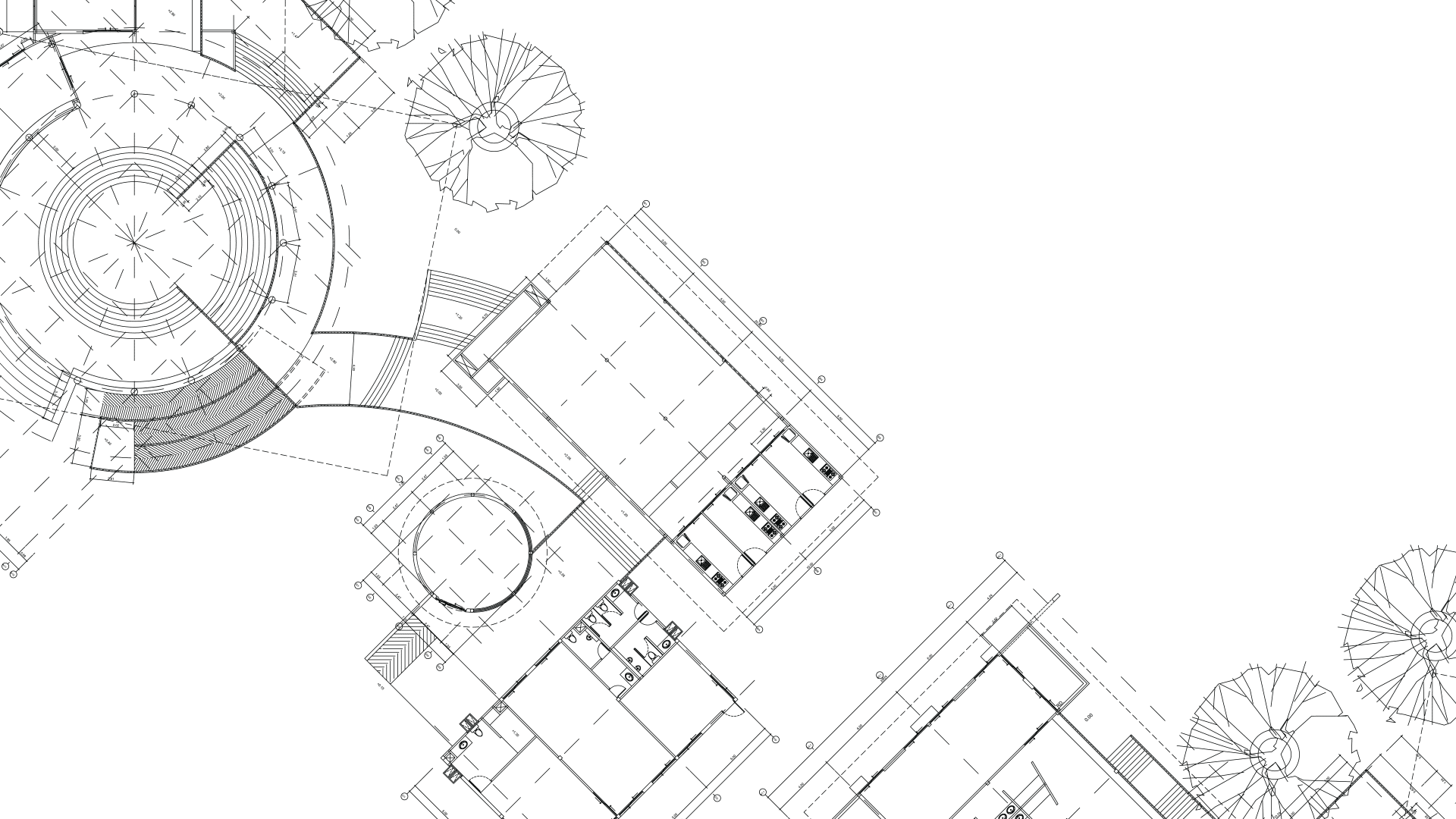What is a syndicate?
A syndicate is a self-organizing group of individuals, companies, corporations or entities formed to transact some specific business, to pursue or promote a shared interest. The word syndicate comes from the French word syndicat which means “trade union”. There are many different kinds of syndicates using the broadest sense of the word: finance syndicates, media syndicates, lottery syndicates, and even organised crime syndicates.
In the context of business partnerships, syndicates are generally used when multiple companies with common interests are working towards a shared goal.
What is a property syndicate?
A property syndicate is a subset of syndicates where the shared goal relates to real estate. For example, people may form one of these syndicates to undertake a property development or to buy a portfolio of properties.
This structure allows smaller investors with limited capital to invest in projects that are much bigger than anything they could undertake on their own. In essence, multiple smaller investors are pooling their money together in the syndicate to function as a bigger entity until the desired outcome is achieved.
In Australia, property syndicates are governed by a regulatory guide issued by the Australian Securities and Investments Commission (ASIC). This guide is RG 77: Property trusts and property syndicates.
As per RG 77, what differentiates a property syndicate from other types of property trusts is that “a property syndicate is a scheme under which investors have legal title to the real property that is the subject of the scheme.” Property syndicates typically involve a further agreement with a property manager to manage the syndicate’s investments on behalf of syndicate members.
Syndicate-likes
Because a property syndicate has requirements as outlined in RG 77, there are many crowdfunding structures that do similar things to a property syndicate, but technically aren’t a property syndicate because they don’t fulfill all the criteria of RG 77. In this article, we’ll be referring to these other legal structures as syndicate-likes, because they aren’t actually property syndicates but functionally they do a very similar thing. An investor looking for a property syndicate may find one that one of these syndicate-like structures fulfills their needs.
Property Trusts
RG 77 also outlines a variety of other legal structures for managing collective investment in real estate assets, collectively referred to as property trusts. In total, RG 77 describes six different kinds of property trusts: Indirect, Unlisted, Incidental, Redeemable Listed, Fully Listed, and Fixed Term.
Joint Venture
A joint venture is two or more entities who do business together for a particular purpose, usually a single project, rather than as an ongoing business. This is a rather broad definition. As such, a Joint Venture can take many forms.
But Joint Ventures can be used for a function that is similar to property syndication: to facilitate crowdfunding of a real estate asset. So a Joint Venture can be syndicate-like, but isn’t always.
Joint Ventures play a key role in how our investment structures are set up. And in our case, our Joint Ventures are structured to be similar to a property syndicate for the purposes of investing into property development projects.



